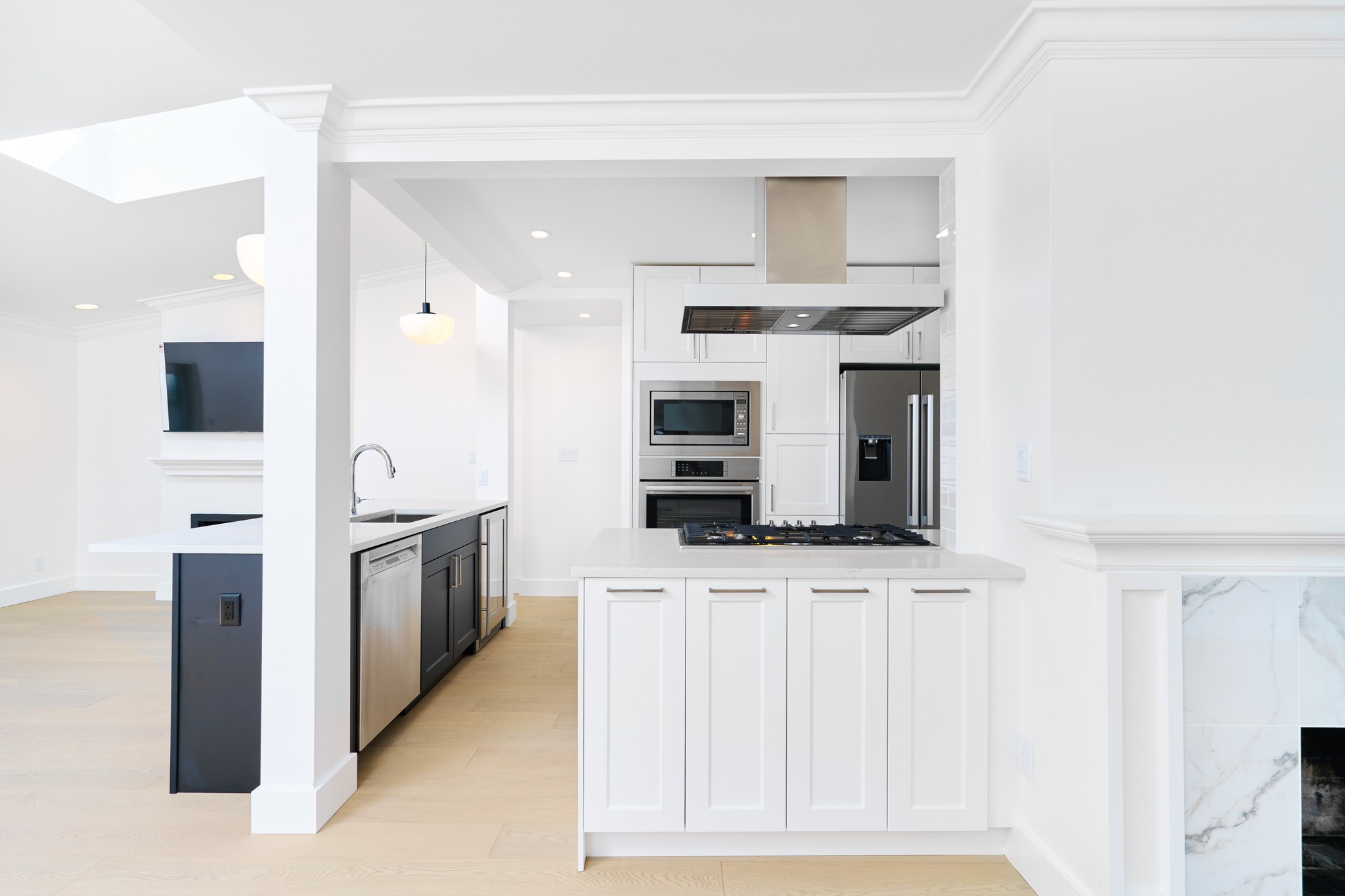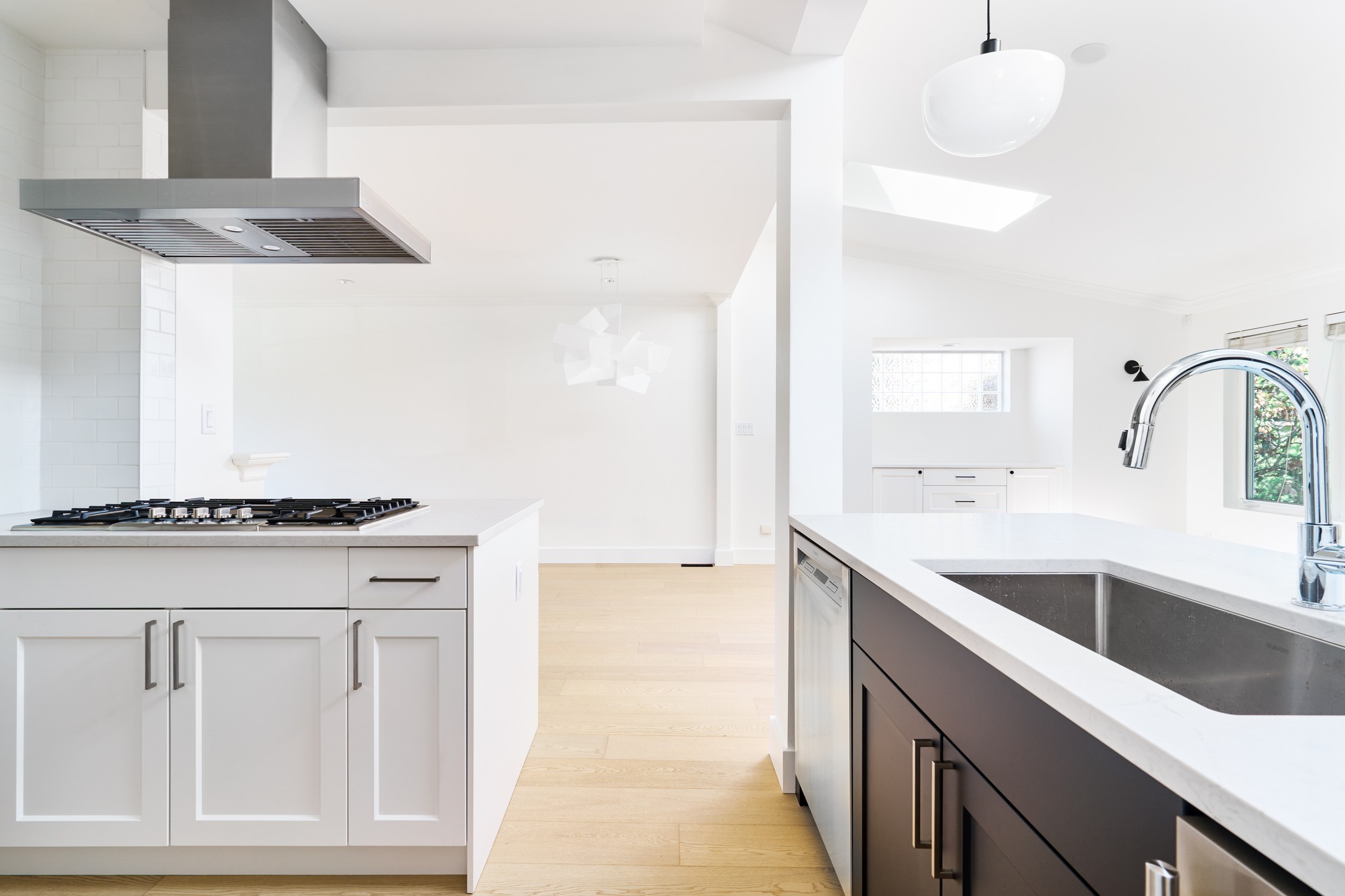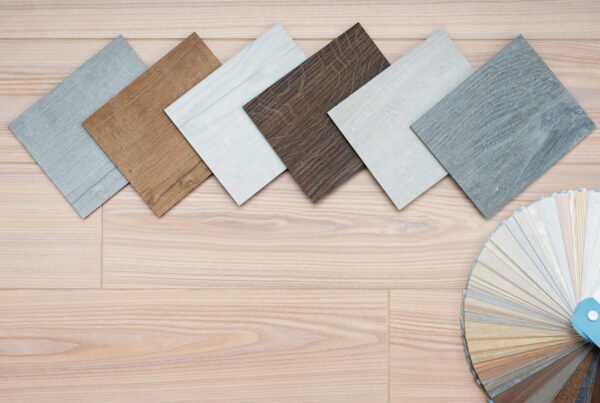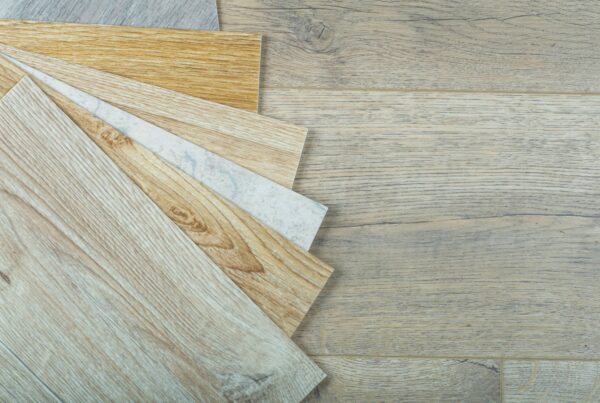Are you considering installing new floors in your home? Whether you’re opting for engineered hardwood floors or vinyl floors, it’s important to understand the value of having an underlayment. Floor underlayment is a layer of material placed between the subfloor and the flooring surface. It offers a range of benefits that can significantly enhance the performance and longevity of your floors. In this blog post, we’ll explore the advantages of having an underlayment, including enhanced sound insulation, moisture protection, improved thermal insulation, subfloor protection, enhanced durability, reduced impact noise, even surface, comfort underfoot, moisture vapor retardation, thermal barrier, reduced resonance, easier installation, improved acoustic performance, and compatibility with different flooring types like engineered hardwood and vinyl floors.
Enhanced Sound Insulation: How Underlayment Reduces Noise Transmission
One of the primary benefits of using an underlayment is its ability to enhance sound insulation. Whether it’s footsteps, dropped objects, or general household noise, underlayment acts as a buffer, reducing noise transmission between floors. By absorbing and dampening sound waves, it helps create a quieter and more peaceful living environment.
Moisture Protection: Preventing Damage to Your Floors
Moisture is a common concern for many homeowners, and unprotected floors are vulnerable to moisture-related issues such as warping, cupping, and mold growth. A floor underlayment acts as a moisture barrier, preventing moisture from seeping into the flooring material. This protection is particularly crucial in areas prone to humidity, spills, or moisture buildup, such as bathrooms, kitchens, and basements.
Improved Thermal Insulation: Keeping Your Space Comfortable
Another advantage of underlayment is its ability to improve thermal insulation. It helps regulate the temperature of your living space by minimizing heat loss or gain through the floors. This is especially beneficial during colder months when it helps retain warmth, making your home cozier and more energy-efficient.
Subfloor Protection: Shielding Against Damage and Wear
The subfloor, the layer beneath your flooring, plays a vital role in maintaining the structural integrity of your floors. Underlayment provides an additional protective barrier, shielding the subfloor against damage and wear. It helps prevent cracks, scratches, and other forms of subfloor deterioration, ensuring the stability and longevity of your floors.
Enhanced Durability: Increasing the Lifespan of Your Floors
Investing in high-quality flooring can be a significant financial commitment. By installing an underlayment, you can protect this investment and increase the lifespan of your floors. Underlayment acts as a shock absorber, reducing the impact on the flooring surface. It helps distribute the weight and pressure evenly, preventing premature wear and tear.
Reduced Impact Noise: Minimizing Sound from Footsteps and Objects
Tired of hearing the sound of footsteps echoing through your home? Underlayment is an effective solution for minimizing impact noise. It absorbs the force created by footsteps and objects dropped on the floor, reducing the sound transmission to the rooms below. This is particularly important in multi-story homes or apartments, where minimizing noise between floors is crucial for peace and privacy.
Even Surface: Correcting Minor Imperfections in the Subfloor
Subfloors are rarely perfectly level or smooth, which can affect the installation and appearance of your flooring. Underlayment helps create an even surface by filling in minor imperfections and irregularities. It ensures a smooth and seamless installation, resulting in a visually pleasing floor.
Comfort Underfoot: Adding Cushioning and Support
Imagine stepping onto a floor that feels soft and cushioned underfoot. Underlayment provides an additional layer of comfort by adding cushioning and support to your flooring. It reduces the strain on your feet, legs, and back, making walking and standing for extended periods more comfortable.
Moisture Vapor Retardation: Preventing Moisture-Related Issues
Moisture vapor retardation refers to the ability of underlayment to prevent moisture from permeating through the flooring material. This is particularly important for flooring types like engineered hardwood and vinyl floors, as moisture can cause these materials to warp or delaminate. By acting as a barrier, underlayment protects your floors from moisture-related issues, preserving their appearance and structural integrity.
Thermal Barrier: Reducing Heat Loss or Gain in Your Space
In addition to enhancing thermal insulation, underlayment also acts as a thermal barrier. It reduces heat loss or gain from the floor, improving energy efficiency and maintaining a comfortable indoor temperature. This can lead to reduced heating and cooling costs over time, making underlayment a wise investment for long-term energy savings.
Reduced Resonance: Minimizing Echoes and Vibrations
Large open spaces or rooms with hard surfaces can suffer from echoes and vibrations, creating an unpleasant acoustic environment. Underlayment helps reduce resonance by absorbing sound waves and vibrations, resulting in a more peaceful and harmonious atmosphere. Whether it’s in your living room, office, or entertainment area, underlayment enhances the acoustics of the room, allowing for better sound quality.
Easier Installation: Simplifying the Process of Laying Flooring
Installing floors can be a time-consuming and intricate process. Underlayment simplifies this process by providing a smooth and stable surface for flooring installation. It eliminates the need for extensive subfloor preparation, saving you time and effort. Moreover, underlayment is available in various easy-to-install formats, such as rolls or sheets, further facilitating the installation process.
Improved Acoustic Performance: Enhancing Sound Quality in the Room
If you’re a music enthusiast or enjoy watching movies with surround sound, underlayment can significantly enhance your acoustic experience. By reducing sound transmission and minimizing echoes, underlayment improves the overall sound quality in the room. Whether you’re playing your favorite tunes or enjoying a movie night, underlayment enhances the clarity and richness of the audio.
Compatibility with Different Flooring Types: Benefits for Engineered Hardwood and Vinyl Floors
Underlayment is versatile and compatible with various flooring types, including engineered hardwood and vinyl floors. For engineered hardwood, underlayment provides an additional layer of protection against moisture, while also reducing noise and enhancing comfort. When it comes to vinyl floors, underlayment helps create a more cushioned and comfortable surface, reducing the impact on the joints and enhancing durability.
Discover the Benefits of Underlayment for Enhanced Sound Insulation, Moisture Protection, and More with Flatwater Finishes
Flatwater Finishes offers the perfect solution for transforming your floors with the added benefits of underlayment. By incorporating underlayment into your flooring project, whether it’s engineered hardwood floors or vinyl floors, you can experience enhanced sound insulation, moisture protection, and much more. Flatwater Finishes understands the importance of creating a comfortable and durable flooring environment, and its range of underlayment products is designed to deliver exceptional performance. Say goodbye to noisy footsteps, moisture-related issues, and uneven surfaces. With Flatwater Finishes, you can enjoy the peace of mind and long-lasting beauty that underlayment provides. Elevate your floors to new heights with Flatwater Finishes and our premium underlayment solutions.









